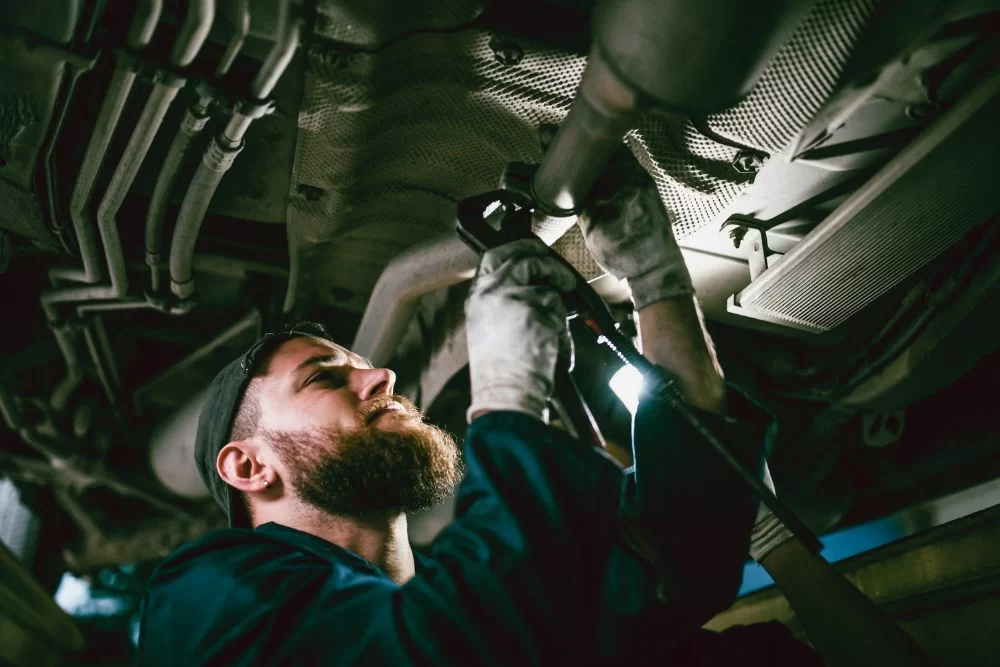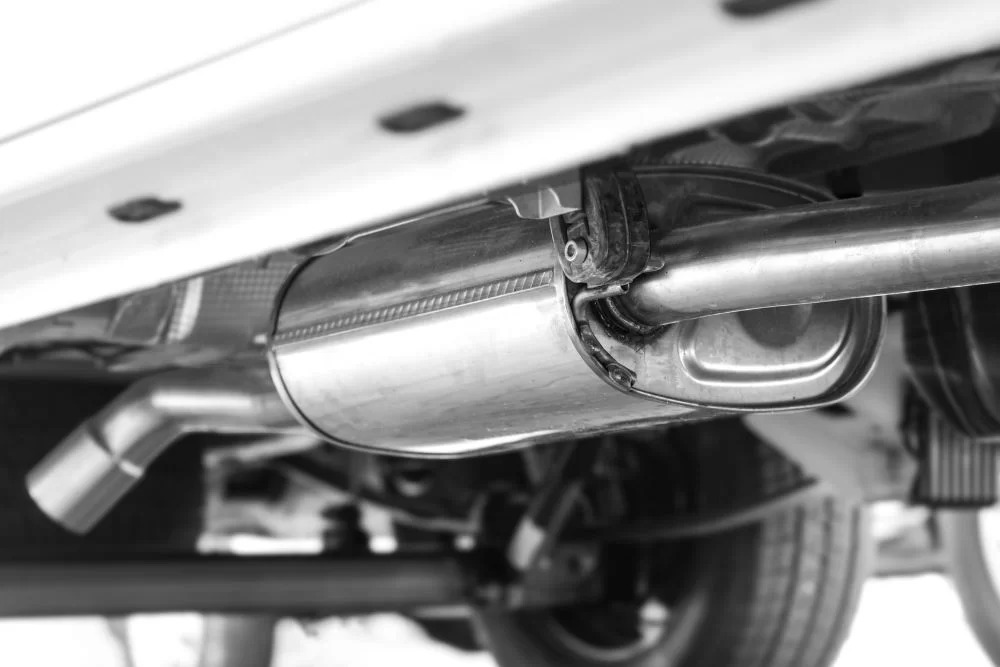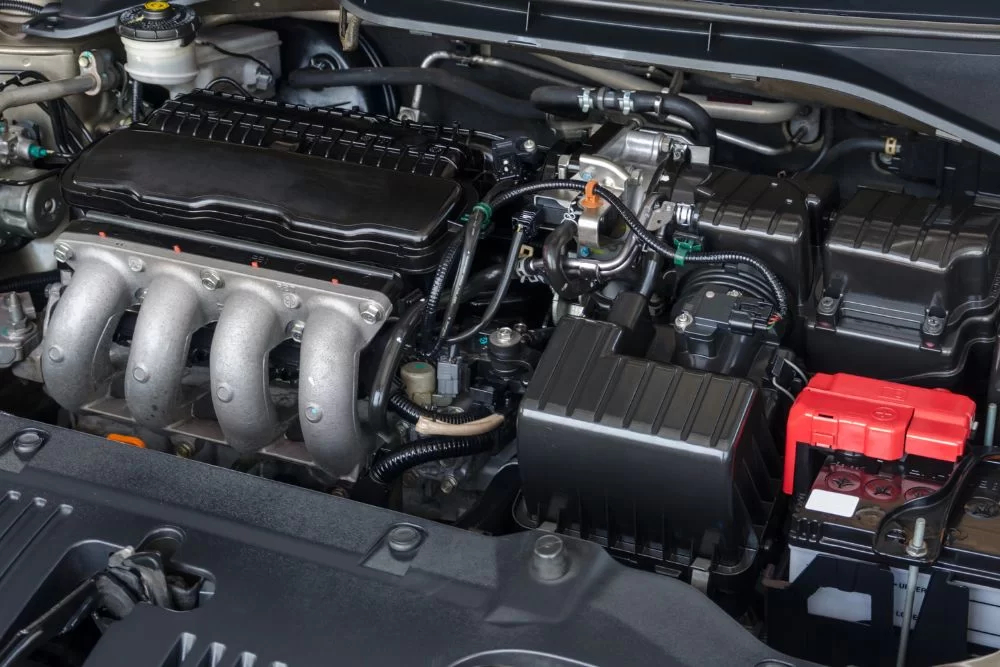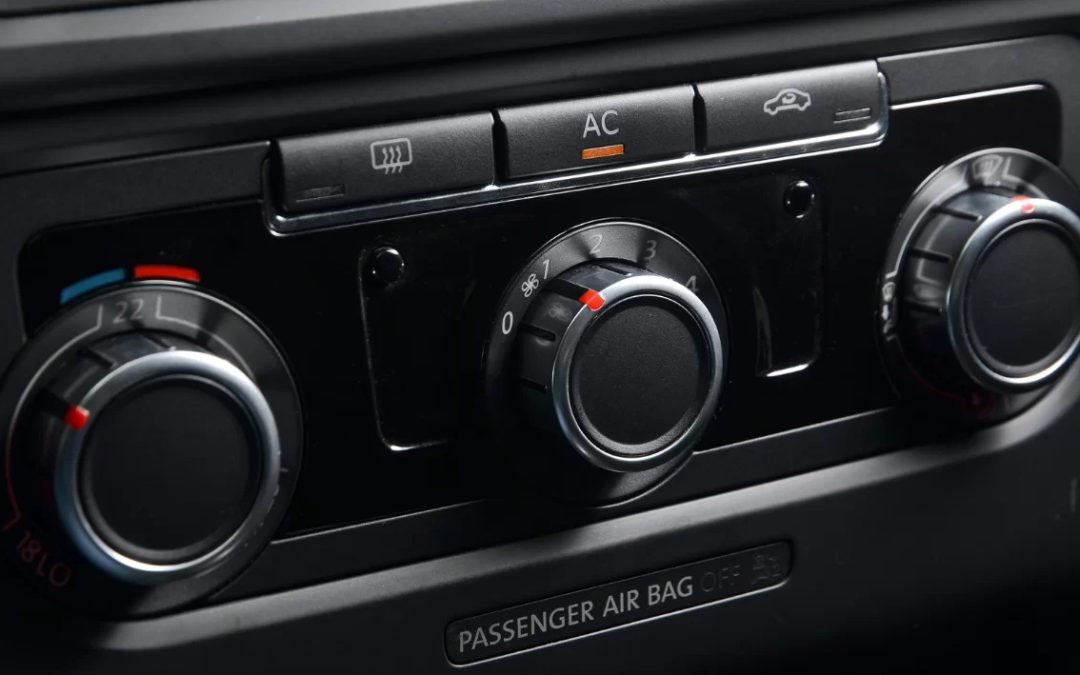
The Importance of Timely Exhaust System Repair
The Importance of Timely Exhaust System Repair
Your car’s exhaust system may not be the most glamorous part of your vehicle, but a properly functioning exhaust system is vital to the performance of your car. Unfortunately, exhaust system issues are incredibly common, and many drivers are unaware of the warning signs that their exhaust system may need to be repaired. We’ll outline why exhaust system repair is so important, some of the common signs of exhaust system issues, and what you can expect from a reputable auto repair shop.
First and foremost, a properly functioning exhaust system is vital to the performance of your vehicle. The exhaust system plays a key role in managing the flow of gases through your engine, and a damaged or malfunctioning exhaust system can negatively impact your vehicle’s acceleration, fuel efficiency, and overall performance.
In addition to the impact on vehicle performance, there are also safety concerns associated with a damaged exhaust system. A leak in your exhaust system can allow carbon monoxide to enter the cabin of your vehicle, which can be incredibly dangerous. In fact, carbon monoxide is a silent killer that claims the lives of hundreds of people every year in the United States alone.
There are several warning signs that may indicate that your exhaust system is in need of repair. These include rattling or hissing sounds coming from your exhaust system, the smell of exhaust fumes inside your vehicle, decreased fuel efficiency, and a decrease in overall vehicle performance. If you notice any of these warning signs, it’s important to take your vehicle to a reputable auto repair shop as soon as possible.
When you bring your vehicle in for exhaust system repair, a reputable auto repair shop will conduct a thorough inspection of your vehicle to determine the cause of the issue. This inspection may involve the use of specialized diagnostic equipment to pinpoint the root cause of the issue. Once the cause of the issue has been determined, the repair technician will work to repair or replace the damaged components of your exhaust system.
In conclusion, exhaust system repair is an important aspect of vehicle maintenance that should not be overlooked. A properly functioning exhaust system is vital to the performance and safety of your vehicle, and it’s important to pay attention to the warning signs that may indicate an issue with your exhaust system. If you notice any of these warning signs, don’t hesitate to take your vehicle to a reputable auto repair shop for inspection and repair. By taking proactive steps to address any exhaust system issues, you can help keep your vehicle running smoothly and safely for years to come.








